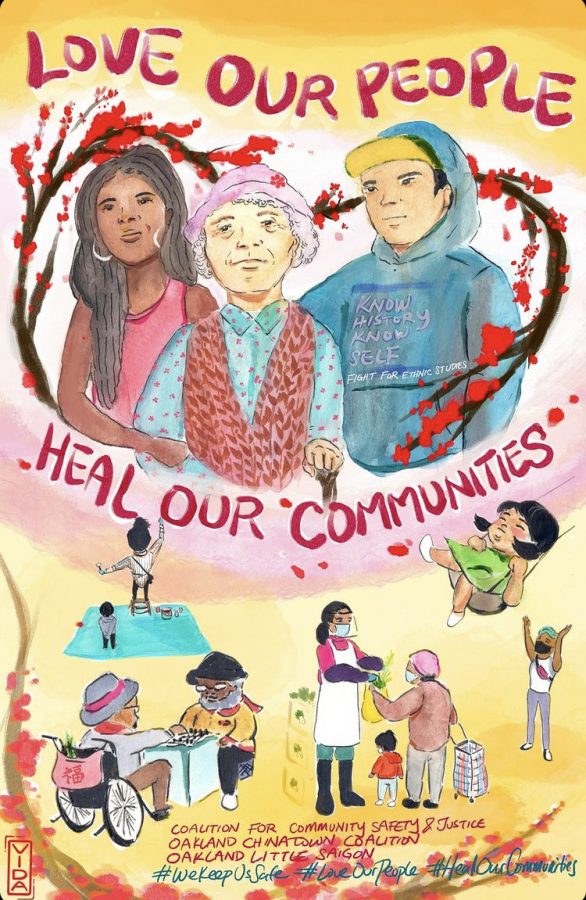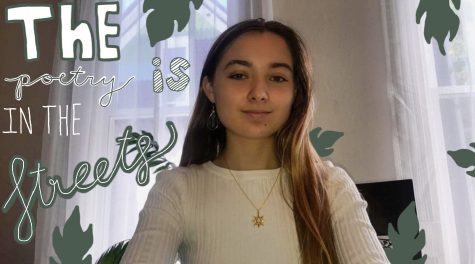Condemning Hate Against Asian Communities
Watercolor artwork by Vida Kuang
May 3, 2021
May is Asian American and Pacific Islander Heritage month. Throughout the month of May, communities come together to celebrate Asian identity, culture, and stories. However, the collective support and advocacy for the AAPI community should extend beyond the month of May. The voices and stories of Asian Americans matter. Amplifying and respecting the AAPI community fosters empathy and is a powerful form of advocacy. Unfortunately, from March 2020 to February 2021, StopAAPI Hate has received over 3,795 reports of hate. The rise in hate crimes against Asians serves as a starke reminder of the inequities and prevalence of white supremacy in our society and of the dangers of hateful rhetoric. Organizations like Asian Americans Advancing Justice, a non-profit dedicated to protecting the civil and legal rights of Asian Americans, work hard to advocate for equality through “education, litigation, and public policy advocacy.”
Youth advocates also play a vital role in addressing unjust acts of violence in their neighborhoods and communities. Tam Tran, a freshman at Saint Mary’s College, recognizes this, she believes, “our generation is the wave, or a push, for change.” She added, “with how strong minded we are and how we all desire such a strong passion for change, I could see these young voices making a difference.” Ms. Tran encourages young people to talk about issues they are passionate about or view as unjust, “Nowadays I think people tend to just share a post, and think that that’s good enough, but it’s purely performative activism. Donate if you can, support your local Asian-owned businesses.” During our interview Tam and I discussed how to uplift marginalized communities. We also discussed how collective trauma affects our mental health. I asked if she felt that there is a stigma around mental health within the Asian community. “There’s always been a mentality that mental health isn’t permanent, you can get over it. It’s almost taboo, a very hush hush thing … I was taught to internalize my feelings because that’s what my parents were like, because it was an intergenerational part of their life.” Our conversation highlighted the intersectionality of mental health, racial justice, and trauma. Youth advocates like Tam Tran represent the future leaders of racial and social justice. When we discuss racial justice we need to include Asian-Americans in the conversation.
I asked Tam what she loves about her identity and about the ways she celebrates and honors her culture. Her face lit up as she answered, “I love the traditional dress of Vietnam. When I wear it, I feel powerful. The foods that we eat leave a warm feeling in my heart (and belly).” These aspects of Tam’s identity empower her.
Below this article are resources to organizations and mental heath toolkits.
Racial/Social justice organizations:
https://www.standagainsthatred.org/
https://www.advancingjustice-aajc.org/
AAPI Mental Health Resources:



